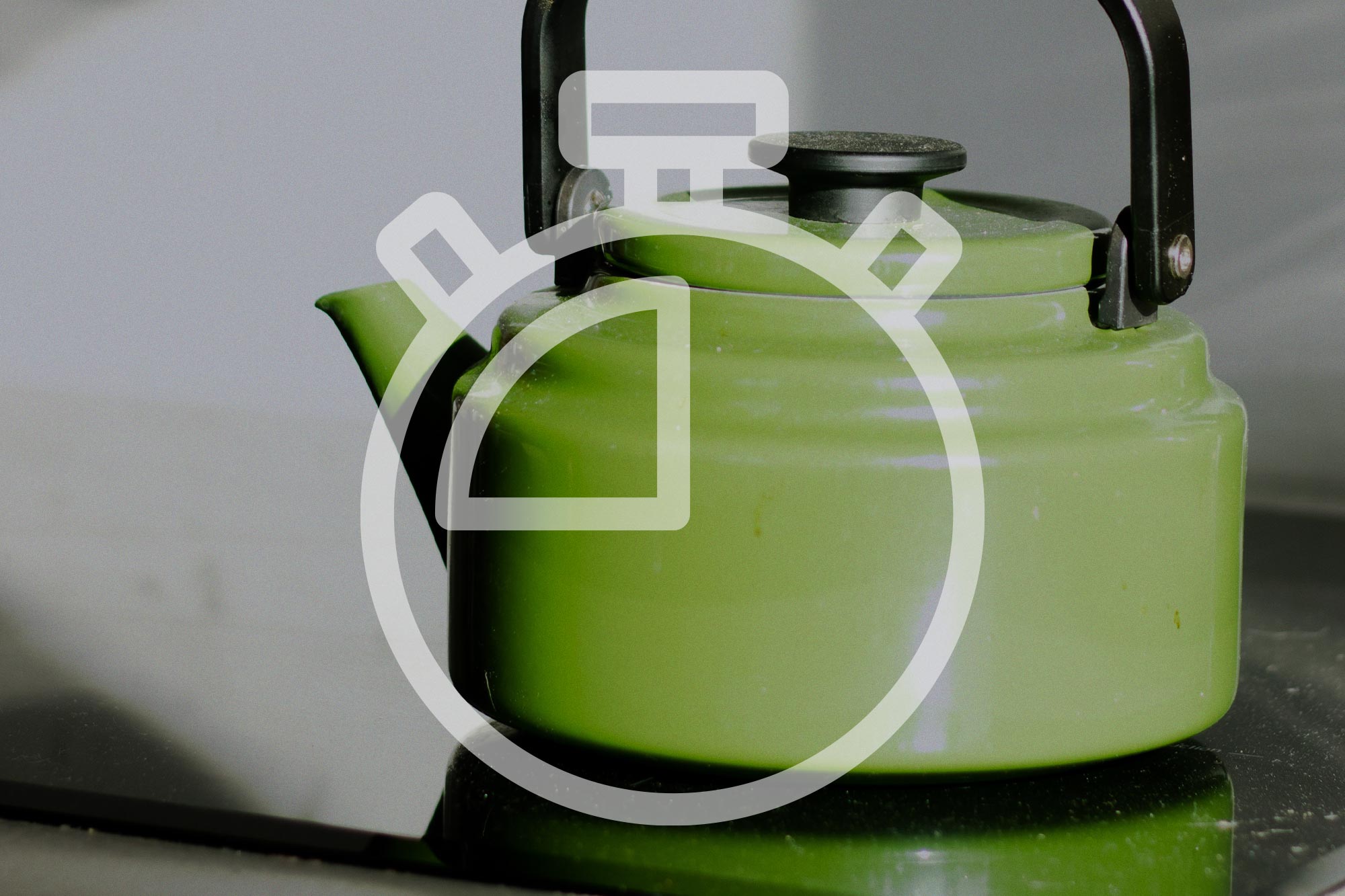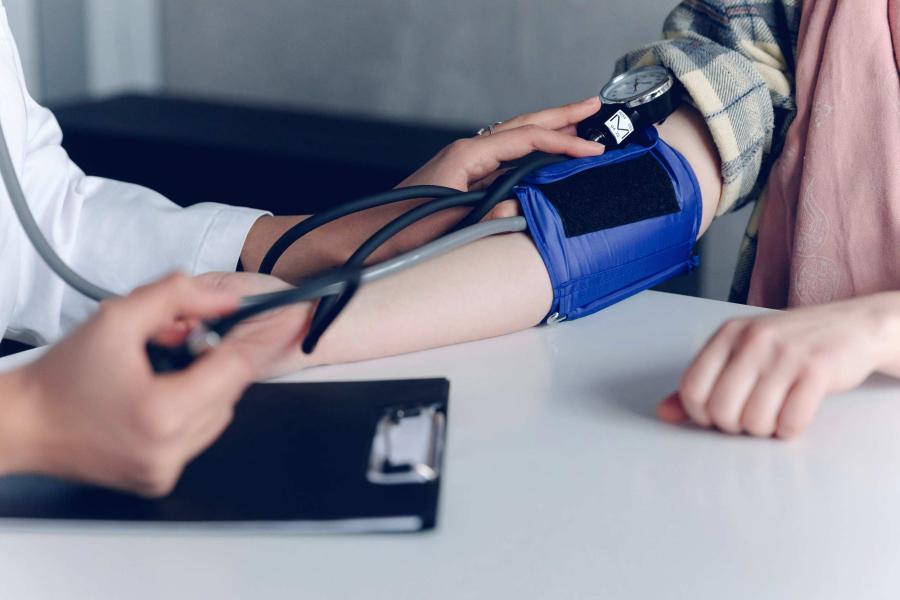It’s time for tea: More than 30 research papers published between 2000 and 2022 have confirmed that a chemical component found in green tea can help fight various types of coronaviruses, including variants of COVID-19.
A trio of scientists including Manikarna Dinda, a research scientist in the University of Virginia School of Medicine, compiled the takeaways in a review article published this month in the journal Phytomedicine Plus.



